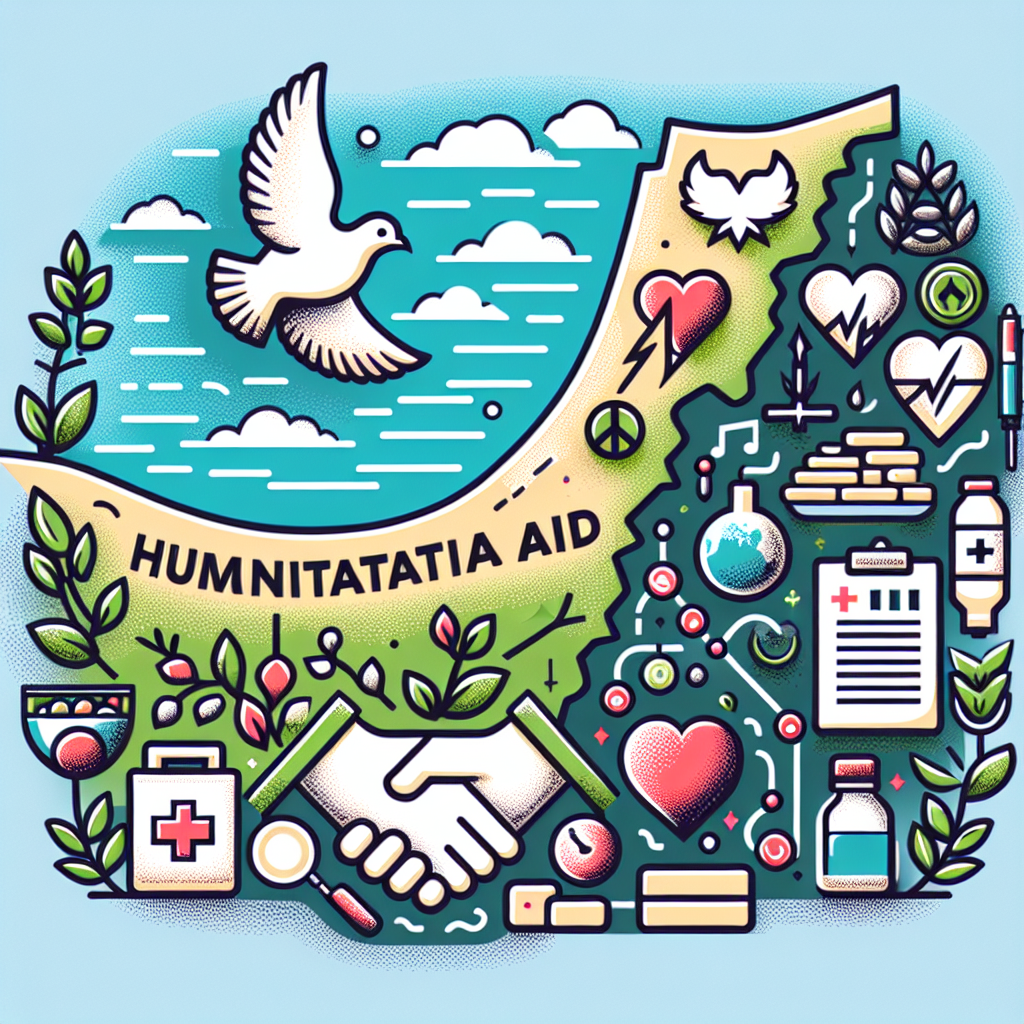Gaza Tragedy: The Humanitarian Crisis and Its Dire Consequences
At least 78 Palestinians, including women and children, were killed in the Gaza Strip. As Israeli forces intended to ease restrictions, international aid efforts proved insufficient against a growing starvation crisis. The complex situation continues as humanitarian measures fail to alleviate suffering.

At least 78 Palestinians, including a pregnant woman and the subsequent delivery of her newborn who later died, were killed in Gaza by Israeli military actions on Monday, as reported by local health officials. Many were killed while attempting to obtain food amidst easing restrictions on aid deliveries.
Israel, under intense pressure due to a hunger crisis in Gaza, announced a pause in military operations for 10 hours daily in key areas. However, aid organizations have expressed that these measures fall short amidst escalating starvation. UN aid trucks are reportedly intercepted by crowds, and no viable alternative routes have been permitted.
Israeli air attacks continue to ravage Gaza's infrastructure, affecting essential supplies. Although 120 aid trucks were allowed entry on Sunday, experts suggest the need for 500-600 daily. Humanitarian efforts such as international airdrops, though underway, have been deemed inefficient and may exacerbate the crisis, according to UN officials.
(With inputs from agencies.)
- READ MORE ON:
- Gaza
- Palestinians
- Israeli strikes
- aid crisis
- Gaza Strip
- humanitarian aid
- UN
- starvation
- conflict
- Hamas
ALSO READ
Boca Juniors and Argentinos Juniors End in Stalemate at Maradona Stadium
Multiples Takes the Lead: VIP Industries Undergoes Strategic Stake Sale
Reputed Pune Eatery Faces Licence Suspension Over Hygiene Concerns
Hygiene Scare Shuts Down Iconic Cafe Goodluck in Pune
Tragedy in the Yamuna: The Mysterious Death of Sneha Debnath










